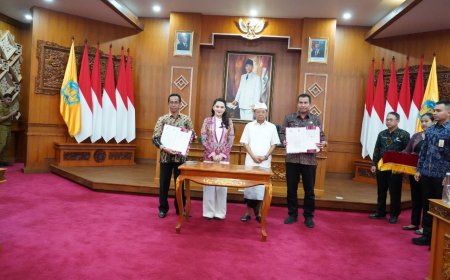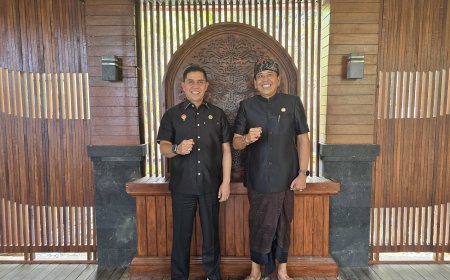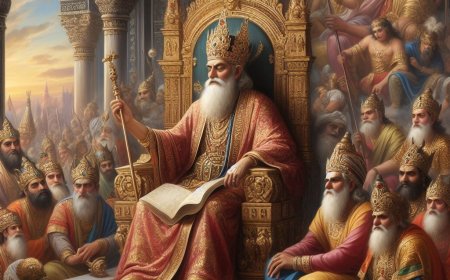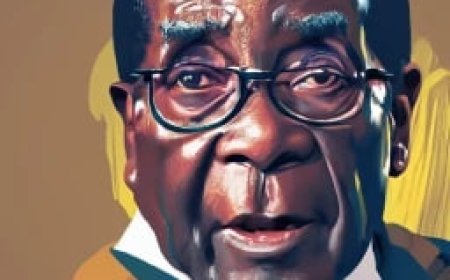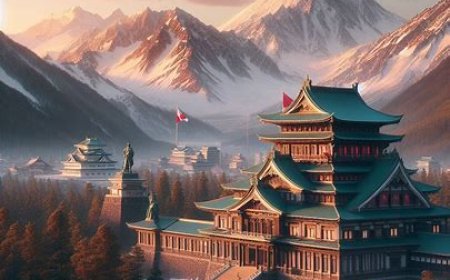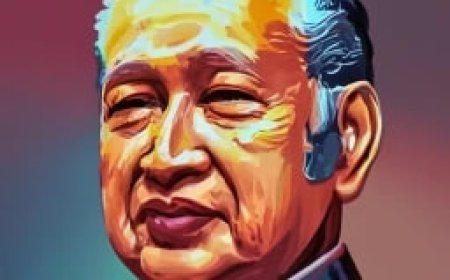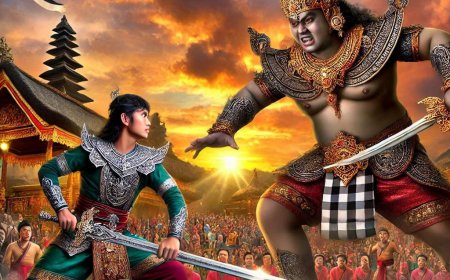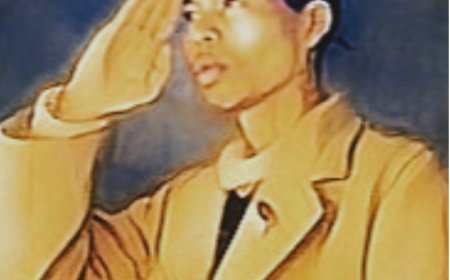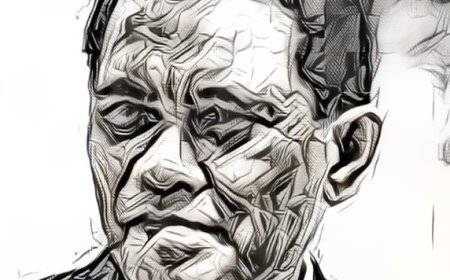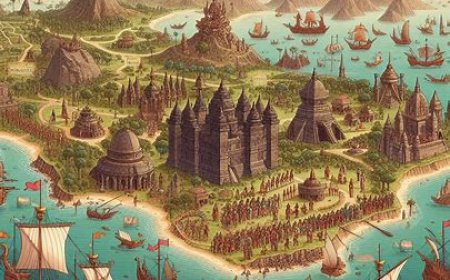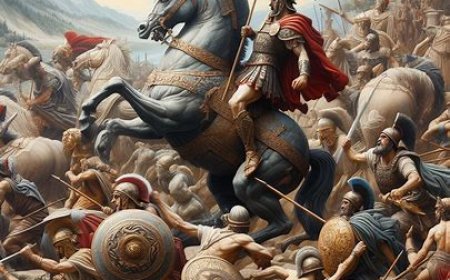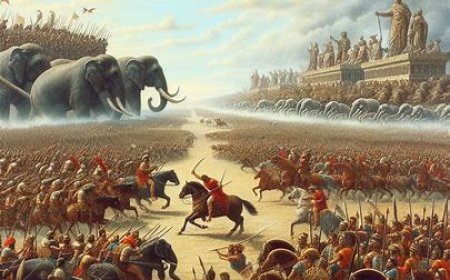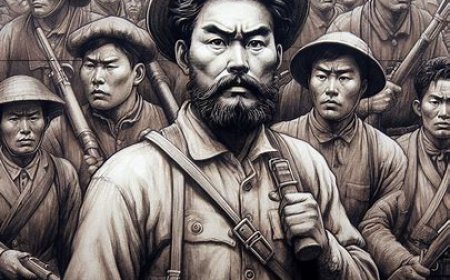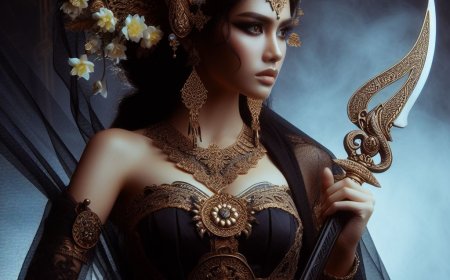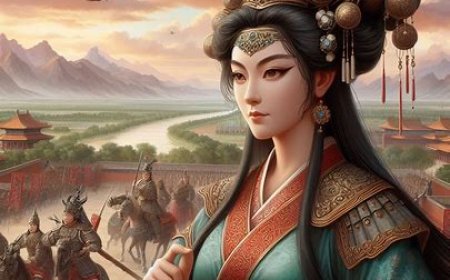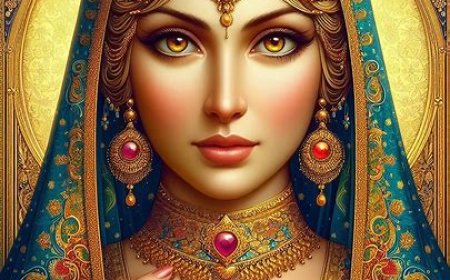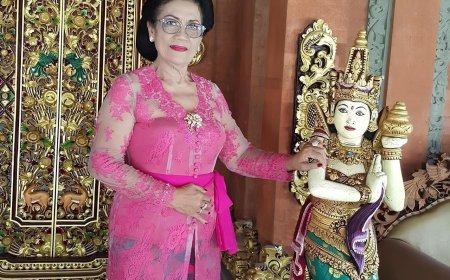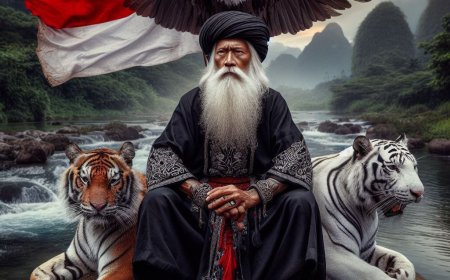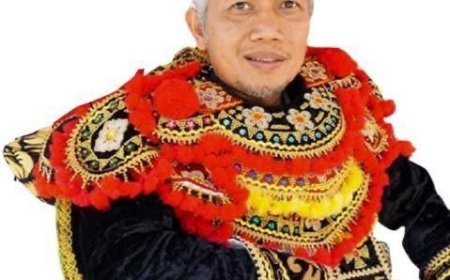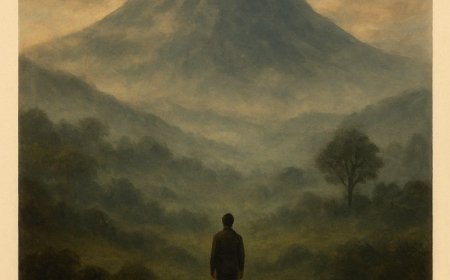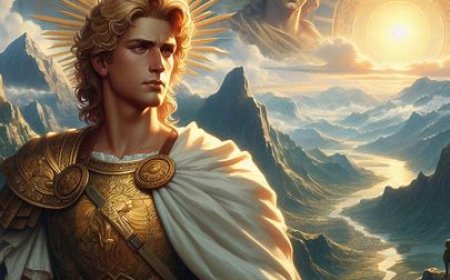Oda Nobunaga: Visionary Commander in the Sengoku Era
The influence of Oda Nobunaga extends across various aspects, from military to political, art, and international relations. His thoughts and actions laid the groundwork for significant changes in Japanese history during the Sengoku period and became a crucial milestone in the journey towards the unification of Japan.
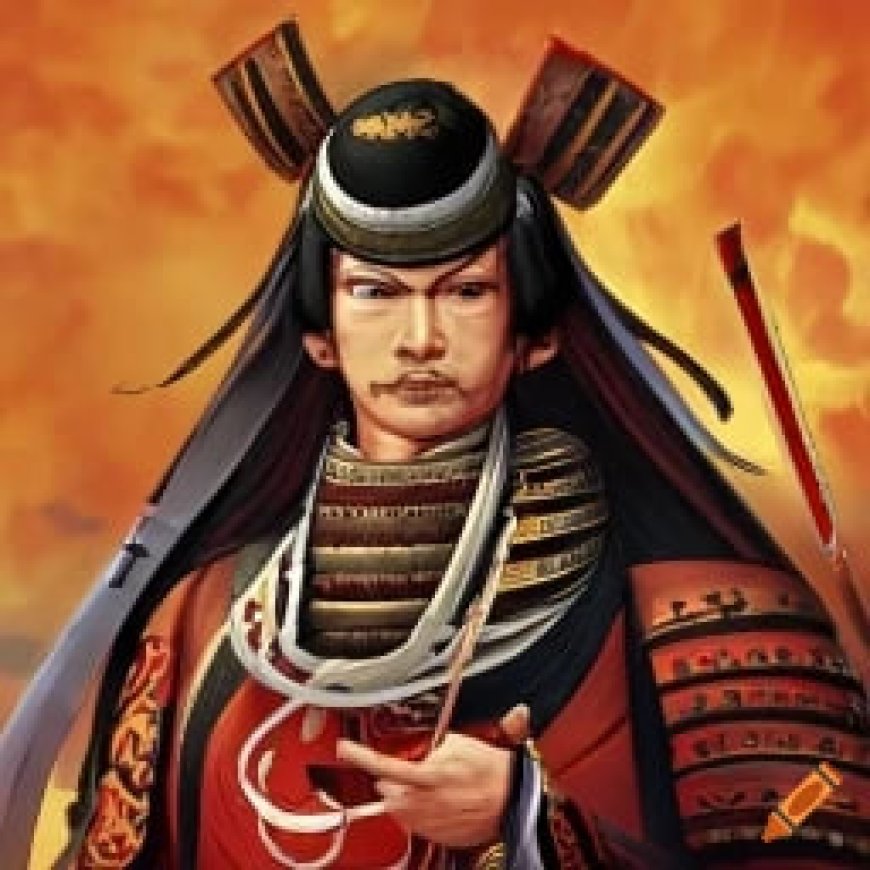
Oda Nobunaga, a prominent daimyo during Japan's Sengoku period, played a pivotal role in shaping the nation's history. Born in 1534, Nobunaga rose to power in the Owari region and initiated innovative military strategies, notably introducing firearms such as arquebus to gain a tactical advantage. His conquests of Kyoto in 1568, a significant step towards unifying Japan. Nobunaga strategically formed alliances, notably with Toyotomi Hideyoshi, and established diplomatic ties with European missionaries and traders. His keen interest in European culture brought new elements to Japan. Despite his ruthless approach, such as the suppression of Buddhist institutions and harsh actions against uprisings, Nobunaga's vision was not solely militaristic. He supported the arts, patronizing artists like Kanō Eitoku, and contributed to the development of administrative centers and fortifications. The tragic end came in 1582 when Nobunaga died at Honnō-ji, a victim of Akechi Mitsuhide's rebellion. His legacy endured through his successors, particularly Toyotomi Hideyoshi and Tokugawa Ieyasu, who completed the unification of Japan. Nobunaga's contributions laid the groundwork for a transformed and more centralized Japan, leaving an indelible mark on its military, cultural, and political landscape.
Here are some significant achievements of Oda Nobunaga:
1. Use of Firearms
One of Nobunaga's greatest innovations was the use of firearms, especially the arquebus, in battles. The use of firearms provided a significant tactical advantage to his troops, especially in large battles against traditional forces more accustomed to conventional weapons.
2. Construction of Fortresses and Administrative Centers
Nobunaga actively built strong fortresses to secure his territories and established efficient administrative centers. These fortresses were designed not only for defense but also to showcase Nobunaga's political and military strength.
3. Relations with European Missionaries
Nobunaga developed close ties with European missionaries and traders, particularly from Portugal. He welcomed Catholic missionaries like Francis Xavier, providing them protection and support. This not only opened new trade routes but also brought elements of European culture to Japan.
4. Policy of Forming Alliances
Nobunaga was adept at forming alliances and allies to achieve his goals. His alliance with Toyotomi Hideyoshi helped strengthen his power and paved the way for the unification of Japan by his successors.
5. Contributions to Arts and Culture
Despite being known as a stern military ruler, Nobunaga supported the arts. He protected artists and sculptors, such as the renowned Kanō Eitoku, who created monumental artworks in his residences.
6. Suppression of Rebellions and Uprisings
During the campaign to unify Japan, Nobunaga decisively dealt with rebellions and groups that opposed him. His harsh actions against rebellions helped ensure stability in the conquered territories.
7. Legacy and Influence
Despite his tragic end, Oda Nobunaga left a profound legacy. His successors, especially Toyotomi Hideyoshi and Tokugawa Ieyasu, successfully completed the unification of Japan. Nobunaga's rebellion marked a crucial step toward the formation of modern unified Japan.
The influence of Oda Nobunaga extends across various aspects, from military to political, art, and international relations. His thoughts and actions laid the groundwork for significant changes in Japanese history during the Sengoku period and became a crucial milestone in the journey towards the unification of Japan.
(source: chatgpt)
What's Your Reaction?








